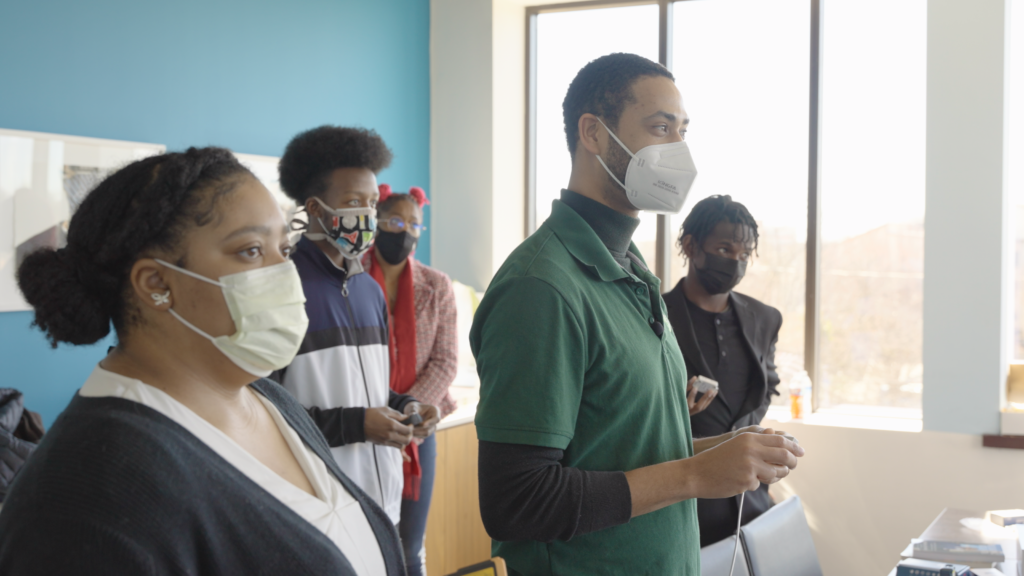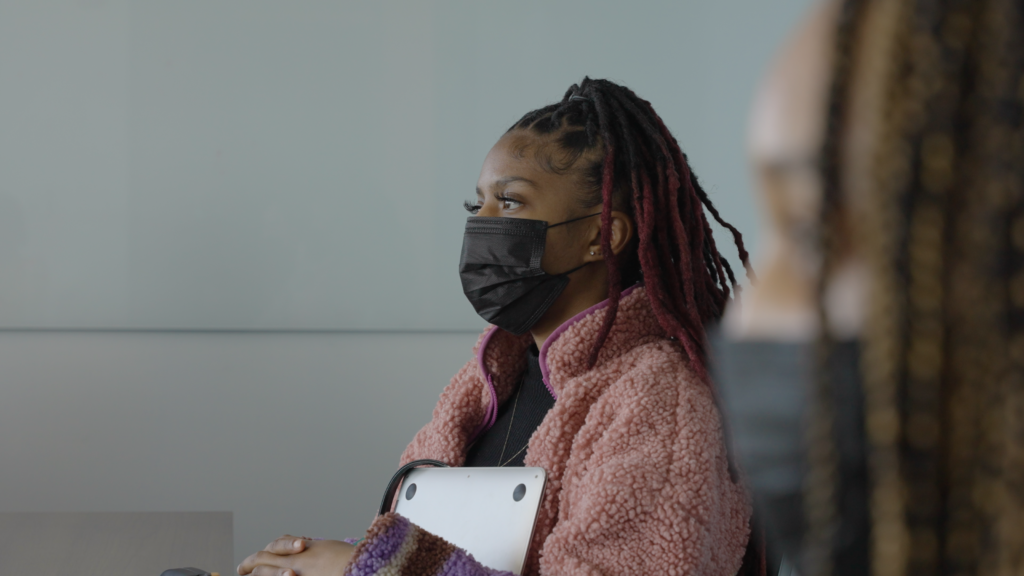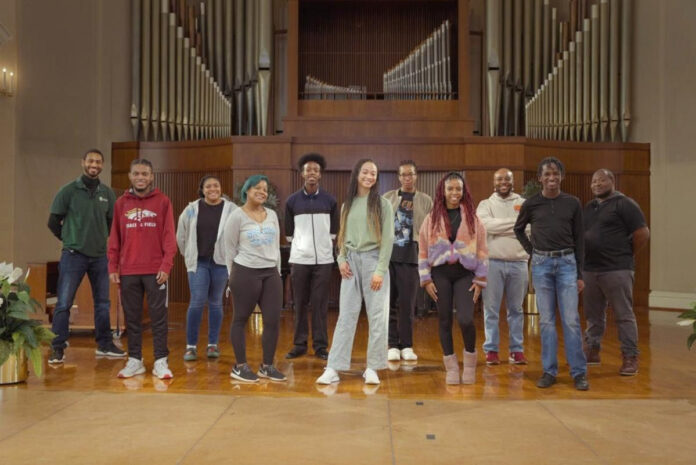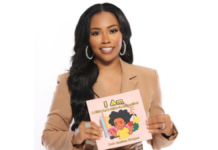( ENSPIRE Community Spotlight ) The HBCU Green Fund Gives Students Opportunities in the Field of Clean Energy to Prepare the Next Generation of Environmental Scientists
ENSPIRE Contributor: Natalie Dean
Of all the organizations that have been created in recent years to fight the effects of climate change, very few are oriented toward HBCU (Historically Black Colleges & Universities) or other groups dedicated to people of color. The HBCU Green Fund is here to tackle two issues at once: first, the underrepresentation of Black people in the sciences, and second, the looming threat of global warming.
By catering to HBCU, the HBCU Green Fund ensures that students of these universities have a space where they are encouraged to grow and thrive in environmental science and engineering. The existence of this organization made the pursuit of clean energy more inclusive.

Representatives from the HBCU Green Fund recently spoke with ENSPIRE about their organization:
What is the main goal behind your organization?
We believe that historically Black colleges and universities have a vital role to play in addressing climate change and preparing students for the emerging clean energy economy. The HBCU Green Fund promotes investment in sustainable infrastructure, interdisciplinary curriculum, and student engagement. Our main goal is to help transform HBCUs into state-of-the-art 21st-century institutions that continue to serve as resilient regenerative anchors for the Black community and the nation.
What services are offered to participating students? What is the intended outcome of offering this range of services?
The HBCU Green Fund brings together young Black clean energy entrepreneurs, advocates, and other experts to provide HBCU students with information, training, and access to internships, career opportunities, mentors, and networks. We currently have a clean energy fellowship program for students attending Spelman, Morehouse, and Clark Atlanta University that provides hands-on training and regular meetings with successful alumni. We videotape conversations to share with all interested HBCU students beyond the AUC campus. We already identified an excellent internship for one of our fellows, Serena Echols. Serena is truly impressive. She’s a junior environmental science major at Spelman College and she secured an internship at the University of South Florida and will do Urban Water Sustainability Research exploring the cultural construction of risk in a peri-urban African American community whose groundwater was contaminated by chlorinated solvents from the American Beryllium Company. Through interviews and participant observations, she will create a chemo-ethnographic biography aimed at helping the community document their experiences and seek resources for environmental justice. Pretty amazing!
Tell us a little about the choice to help train HBCU students in clean/green energy. What do you think is the importance of learning about this energy specifically, and what are the goals for the future of green energy?
The world is at the start of the transition to clean and renewable energy. Students today have the opportunity to become industry leaders of the future and we are in the very early stages of research, innovation, and enterprise. The sky is the limit as long as students are exposed. The government plans to spend billions on clean energy growth. The HBCU Green Fund strives to ensure that our students are not left behind in this transformational moment so we are helping to prepare them for clean energy careers and business opportunities. If you just look at the recent announcement the current administration made about their goal to install 500,000 electric vehicle charging stations on highways across America, it is clear there will be large government contracts available in this area in the near future. We are proud to say that we had the founder of DAI Technologies, Sheryl E. Ponds, train our fellows on electric vehicle charger installation and the various business opportunities available for EV charging station installation. These students are now exposed to and prepared to explore jobs and businesses in this area.
What is the BIPOC Climate Justice Dialogue? How does it operate, what range of topics is discussed, and what benefits to taking part experience?
The BIPOC Climate Justice Dialogue is a forum where the issues and perspectives of Black, Indigenous, LatinX, Asian/Pacific, and other People of Color are at the forefront of the climate conversation in dialogue with the White House, Congress, and federal agencies. The HBCU Green Fund convenes the two-day event along with Omega Institute, US ACE Coalition, Land Peace Foundation, and the BIPOC Climate Scholars Project. This year the focus will be on implementing Justice40, a commitment that promises to impact disadvantaged communities. We value thought and action so we focus on principles and practice when it comes to energy, environment, and justice.
How does the HBCU Green Fund continue to support students post-graduation?
The HBCU Green Fund focuses on engaging students as members of the broader HBCU family network. This includes graduate and post-doc opportunities, job connections, and global relationships. There is a movement and legacy aspect to our work that supports strengthening endowments, giving back and above all advancing social, economic, and environmental justice. This is central to the HBCU Green Fund mission.

The HBCU Green Fund is a worthwhile organization determined to create a better world, both through the encouragement of diverse minds and through the pursuit towards clean energy. Don’t be surprised if the future leaders in environmental science come from the HBCU Green Fund!
To visit their website, click here!
Related articles: SCHOLARSHIP ALERT! Waka Flocka Flame Partners with HBCU Heroes & Wasserman Music for the Waka Flocka Flame HBCU Legacy Scholarship







